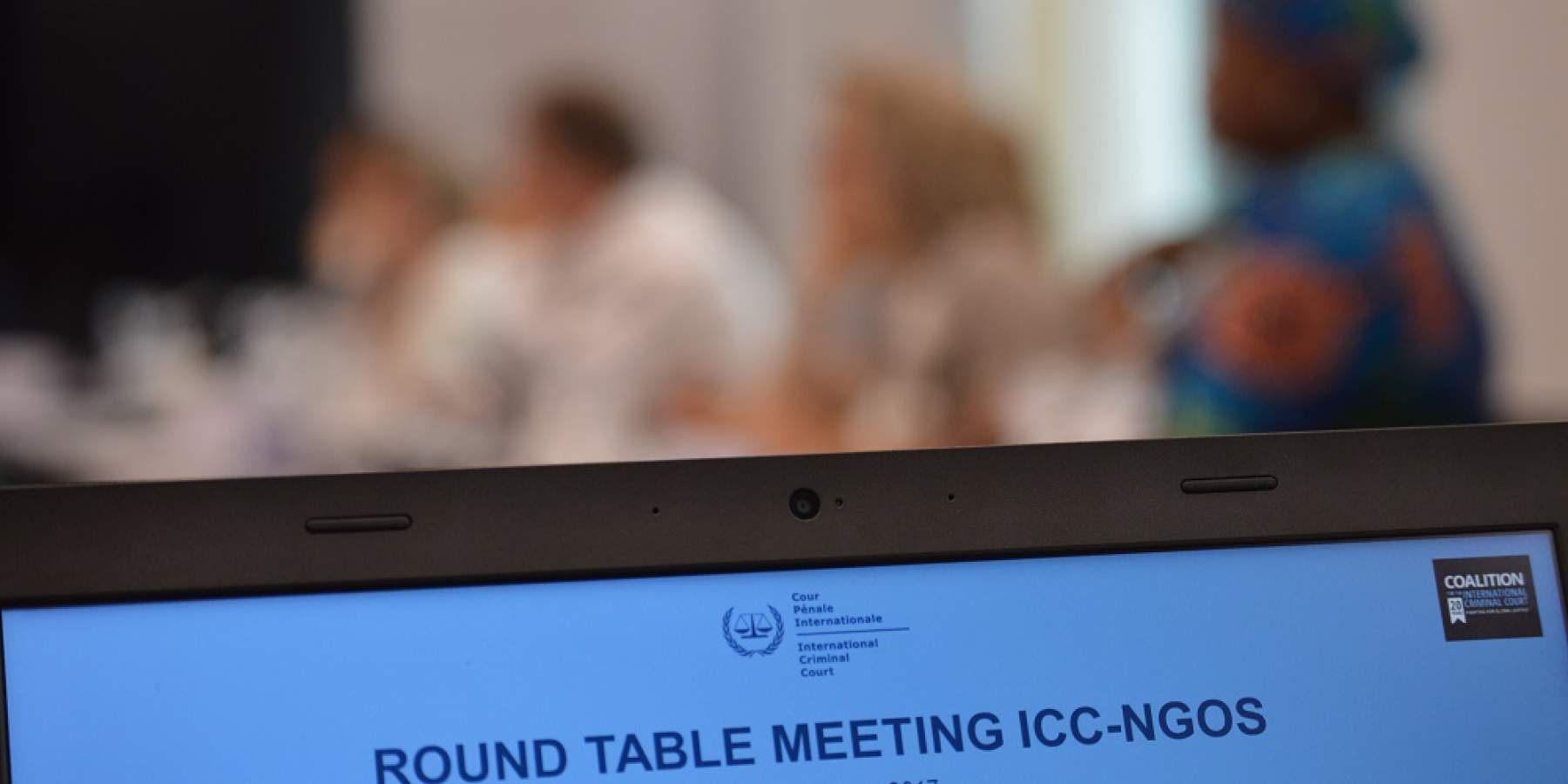In June 2017, 82 representatives from NGOs around the world gathered at the seat of the ICC in The Hague to exchange on the fight for global justice.
Since its establishment, the ICC has consulted with NGOs in many different fora. The ICC-NGO Roundtable is a vital forum to exchange views, updates and strategic ways forward within the Rome Statute system of international justice.
The Roundtable is attended by ICC judges and Principals of the Court; a majority of sections and divisions of the Presidency, Office of the Prosecutor and Registry; Trust Fund for Victims officials and Board members; and the Assembly of States Parties Secretariat.
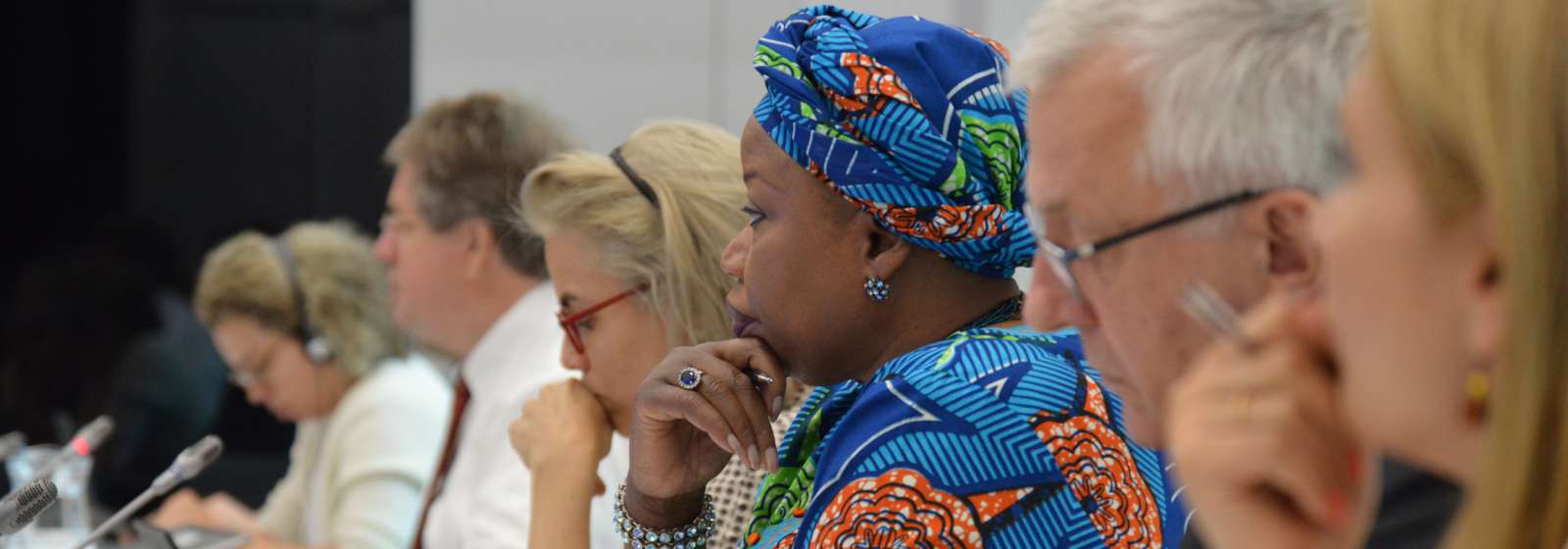
"I commend the NGO community for consistently standing up in support of the Court and fighting against impunity."
Fatou Bensouda
International Criminal Court Prosecutor
Who attends?
Coalition members range from international human rights and humanitarian organizations, to grassroots civil society groups working at the local, national, and regional levels.
They bring a wide range of expertise to the table, including on human rights, victims’ issues, women rights and gender justice, children’s rights, peace and reconciliation, and legal and justice specialties. In this way they help advocate for a strong Court delivering meaningful justice in situation countries, while acting as a mouthpiece for the affected communities they assist on the ground.
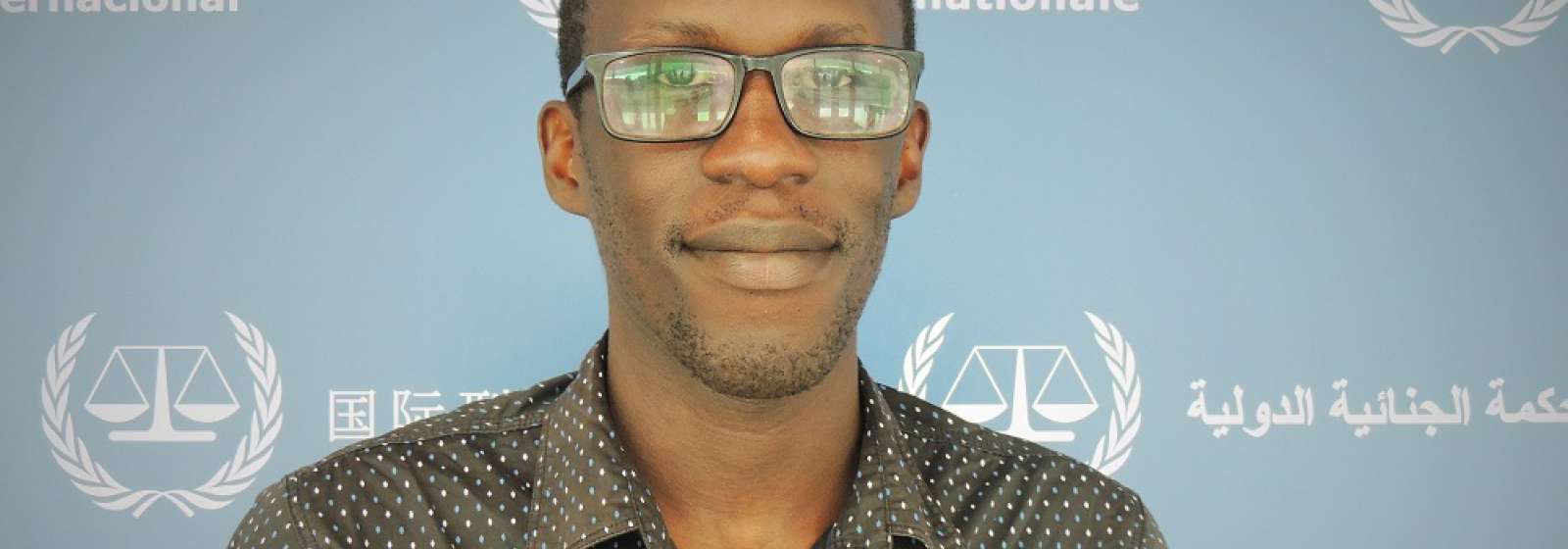
Oryem Nyeko
Justice and Reconciliation Project, Uganda
"I've had opportunities to talk about my work, the experiences I've had, the challenges I face."
Voices from the field
Oryem Nyeko and other representatives from Uganda shared local perceptions of the Court, including the need for greater accountability on all sides and more response to feedback and commentary provided by civil society actors in Uganda.
"We learn from each other," one attendee explained. "We raise concerns of our people on the ground. It is a healthy environment for us to discuss issues with the Court directly."
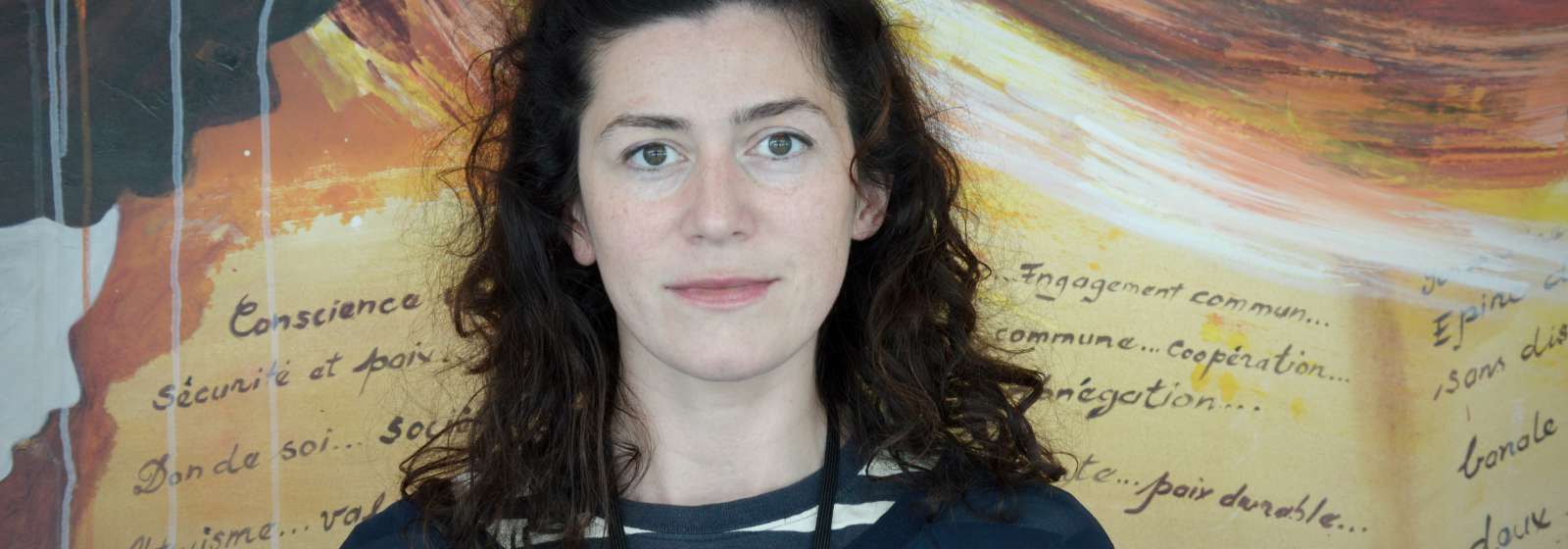
"I saw the support to Georgia. I feel like we're not alone and something can be achieved..."
Mariam Antadze
The Georgian Centre for Psychosocial and Medical Rehabilitation of Torture Victims (GCRT)
Outreach and awareness
NGO representatives from Georgia raised the need for the Court to fill gap left by delays in setting up a local field office to carry out outreach activities and raise awareness of the ICC investigation into war crimes and crimes against humanity allegedly committed in the context of the 2008 South Ossetia conflict.
This idea was echoed by the Malian national Coalition for the ICC, which welcomed the idea of a stronger ICC field presence in the region.
Read the Human Rights Center's press release following the Roundtables.
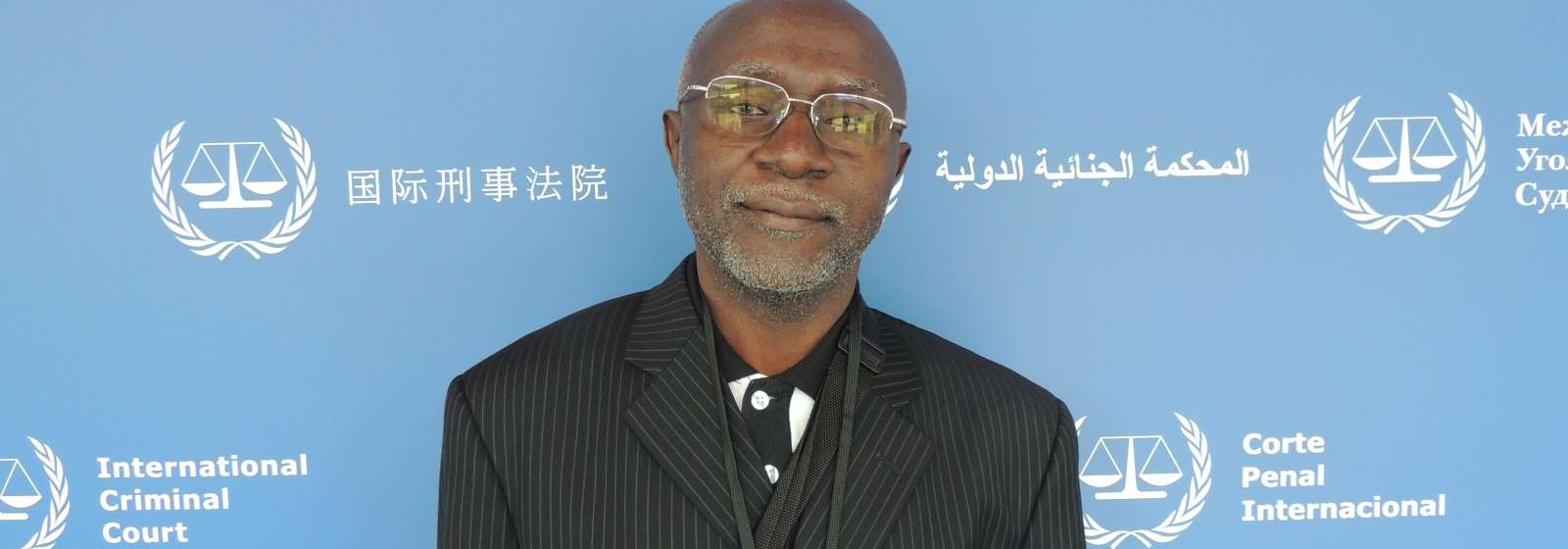
Ali Ouattara
Ivorian Coalition for the International Criminal Court
"[The ICC] should assist State Parties to acquire the full capacity to judge crimes in their jurisdiction..."
Mutual efforts all round
Enhanced cooperation remains an overarching concern in most if not all the preliminary examination and situation countries.
This issue was raised by, among others, the Ivorian Coalition, which reflected on the need for greater interaction between the Court and governments.
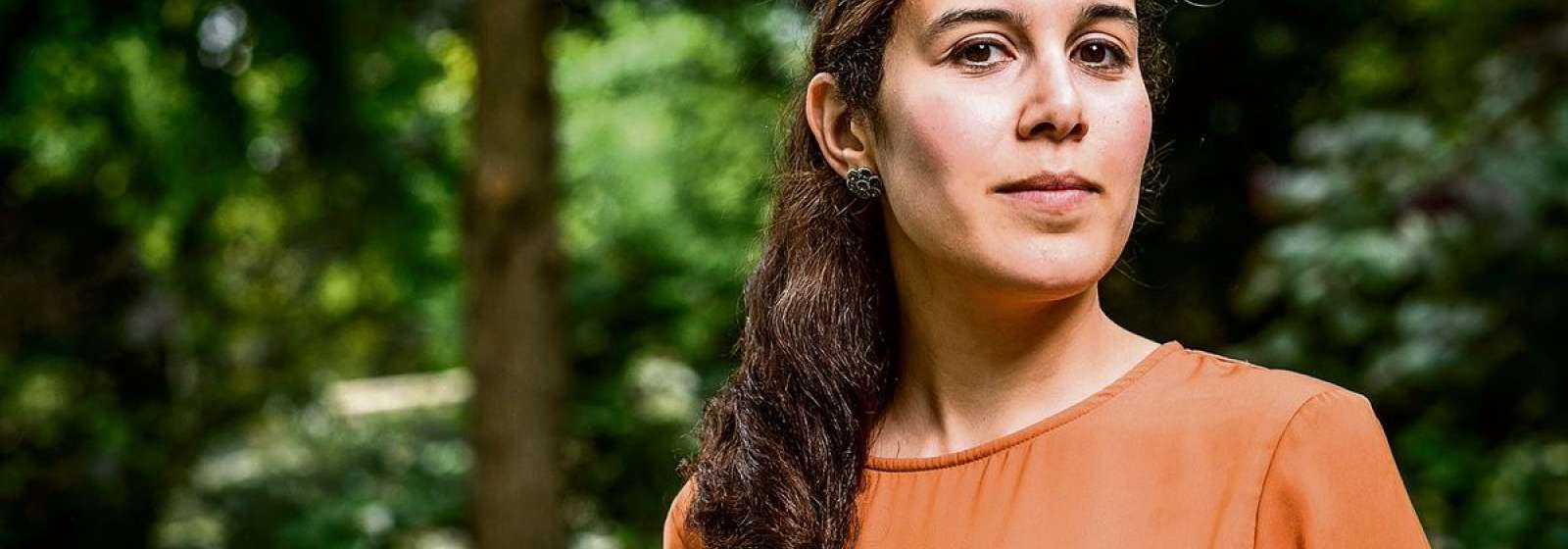
"It's an opportunity to learn more about the functioning of the different organs of the Court..."
Nada Kiswanson
Al-Haq
Court resources
Discussions at the Roundtable showed a need for increased financial support for the Court. Civil society attendees pressed the Court to ask for what it needs in terms of resources, raising concerns over dangers to the Court's independence if it does not request what it needs.
"While there is a greater need for accountability, there is also less financial willingness to sustain it," Richard Dicker, director of Human Rights Watch's international justice program, wrote in a recent article for the Huffington Post. "Several of the largest government contributors to the ICC’s budget rigidly insist that the ICC should hold costs to 'zero nominal growth.' In the face of increasing demands on the court, a few of these big contributing member states are holding the court to a standard that is infringing on the prosecutor’s ability to open new investigations or adequately staff existing ones."
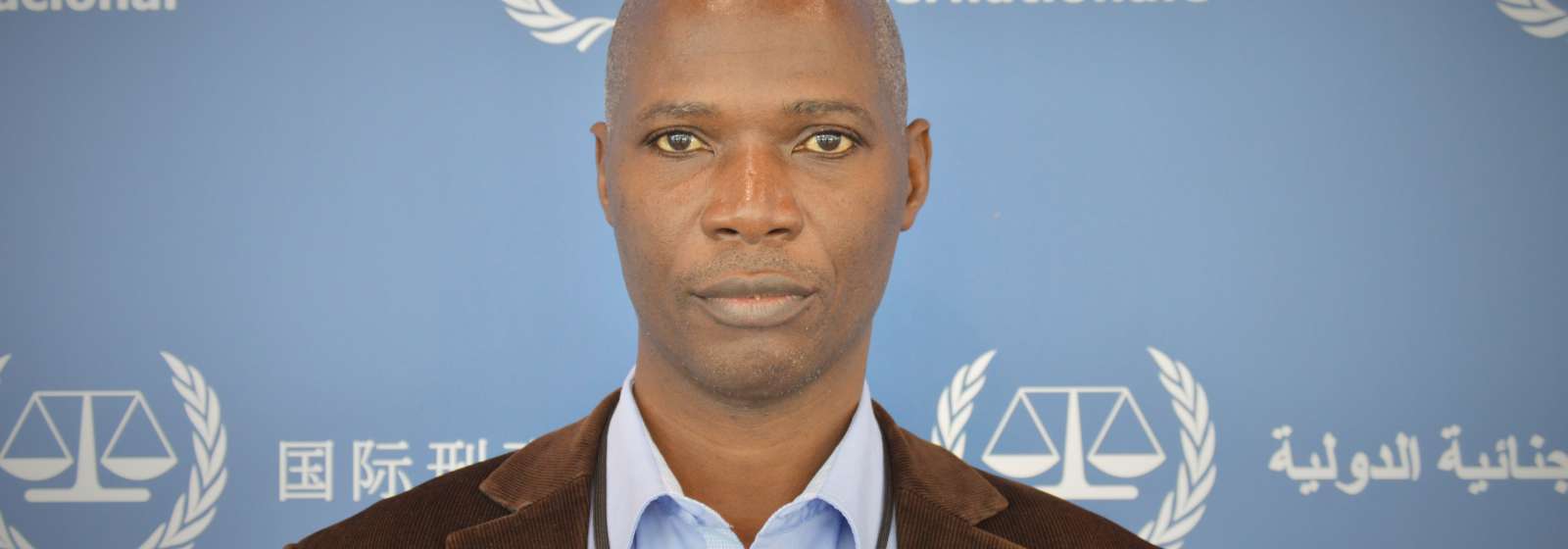
Mohammed Ndifuna
Ugandan national Coalition for the International Criminal Court
"We want to engage legislature, academia, civil society and create a popular opinion for the Court..."
Communication is key
The Ugandan national Coalition for the ICC in particular reflected on the need for the Court’s message to be diffused among populations on the ground to avoid misunderstanding and confusion around how the Court works.
Civil society delegations from the Democratic Republic of the Congo and Georgia similarly pointed out that strong communication and outreach can go a long way in addressing misunderstandings of the Court’s activities and in responding to expectations that are not being met.
This sentiment was echoed by a representative from the Middle East and North Africa (MENA) region, who highlighted the importance of having the Rome Statute and other key documents readily available in Arabic and advocated for the Court to visit the region and help civil society promote international justice there.
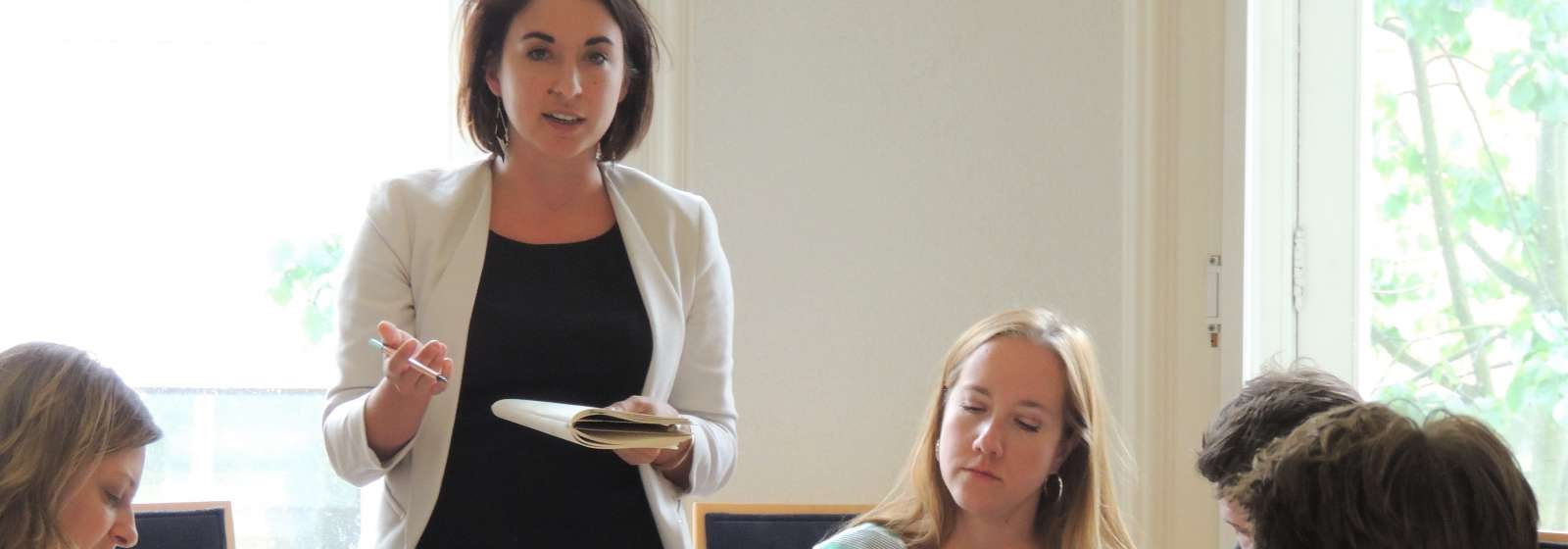
Where does this leave us?
The Roundtable ended with an informal briefing to The Hague-based diplomatic community, where the Coalition Secretariat and NGO representatives presented the week’s main outcomes and exchanged on the most pressing issues on the ICC and Rome Statute system.
The Coalition and the ICC concluded the week by outlining priorities to work on together going forward, with a view to collectively advancing the fight for global justice ahead of the next Roundtable.
Created with flickr slideshow.
